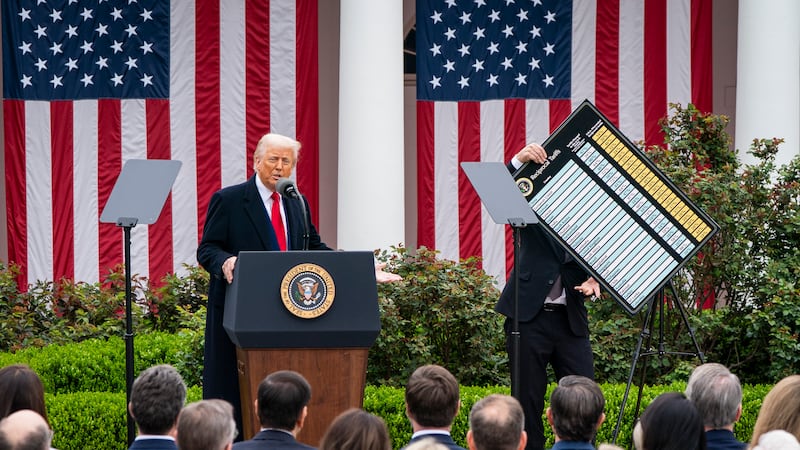Without "fresh vision and leadership", the Republic risks "squandering" the gains it has made in technology policy and will see a decline in its information and communications technology (ICT) sector, according to a new report.
The Advisory Committee on InfoComms report, released yesterday, claims that a national ICT agenda is urgently needed to address the State's chronic lack of broadband internet access, encourage technology investment and bridge social division. A full programme should be put in place by 2005, it said.
The committee, established by Minister for Public Enterprise, Ms O'Rourke, comprises international industry leaders and senior Irish officials, and advocates a national fund to stimulate broadband internet access and new tax structures to benefit technology entrepreneurs.
The telecommunications regulator must be given powers to force the full unbundling of the local loop (the opening of local telephone lines to competition) and flat rate internet access "should be pursued by whatever means necessary". Schools and research and development facilities should be given "free or highly subsidised" broadband access.
The delayed Communications Bill, published last week and which gives new powers to the Regulator, should be passed as a matter of urgency, the report said. The State should support the development of 3G telecommunications networks and could become "a test bed" for new telecommunications applications. "This is the time for new initiatives and new promise, to make sure Ireland continues to ride the wave, if not get out at the front of the wave," said Mr Brian Thompson, the American telecommunications executive. Mr Thompson chaired the committee and also briefly served as chairman of Eircom in 1999.
While "the foundations of the Irish economic miracle are still solid", the report states "the challenges facing Ireland will be increasingly stern".
Committee member Mr Denis Gilhooly, a senior adviser to the UN Development Programme and a former World Bank official, was particularly blunt. "We're 27th in the OECD for broadband access. If something doesn't shift, real quick, we're in real trouble."
Mr Thompson said the State should not become involved in operating networks but in stimulating their development through public-private partnerships. He acknowledged there were few working examples of successful partnerships but he believed the State could become an international role model in this area. He noted that Eircom's new investors would be likely to seek to increase cash flow to the heavily indebted company, which could include selling assets such as access to its local telephone exchanges.
Among the more unusual proposals in the report is the establishment of an independently-managed revolving fund to support the roll-out of broadband services to homes and small to medium sized businesses.
The nine-member advisory committee was appointed in 2001 as a successor to DPE's Advisory Committee on Telecommunications, which reported in 1998.















